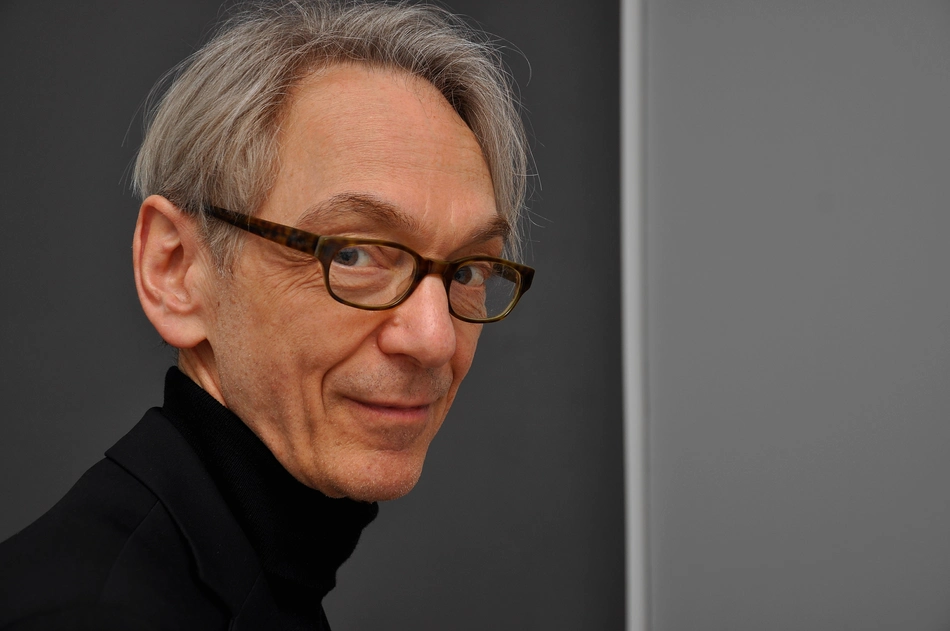Prof. Bauer-Wabnegg, the University of Erfurt has revised its guidelines for protection against discrimination, harassment and violence. The guideline is a further building block for a university that is sensitive to diversity. What understanding of diversity do we actually want to live at our university and what exactly is our goal?
Diversity means first of all diversity. And of course, diversity is present in all its facets in educational institutions and has increased significantly in recent years, especially at universities. There are various reasons for this, above all educational policy decisions that have led to a social opening of the universities. Whereas in the past only a minority of school leavers were able to enter universities, it has now become more the norm to go to university. As a result, the student body is less homogeneous than before. Or formulated the other way round: The student body has become more diverse - and so has the entire university. In addition, there are further developments, such as activities and measures to strengthen internationalization, offers of support for students with chronic illnesses and disabilities and, of course, successes of the equal opportunities work of the past years, to name just a few of the background factors. For us as a university, the increased diversity means first of all that we should develop a greater awareness of the diversity of our students, but also of our employees. I would like to make a plea here for a broad understanding that describes diversity as individuality - in all its facets in which it is present in the university. And in connection with this, it is important to me to see diversity as an opportunity. The entire university can benefit from a constructive and supportive approach to diversity.
And what role does protection against discrimination, harassment and violence play in connection with diversity?
Protection against discrimination, harassment and violence is, of course, of fundamental importance and a mandatory requirement for a university that is sensitive to diversity. A constructive approach to diversity is only conceivable in a place where there is no room for discrimination, harassment and violence - regardless of who is the source of them. One instrument for this is the "Directive on Protection against Discrimination, Harassment and Violence", which we recently revised. With this directive we express that we do not tolerate certain types of behaviour at the university. And if an incident should nevertheless occur, the directive allows us to react within the scope of our possibilities. It is of course important to us that those affected receive support from the university. Therefore, the guidelines also specify counselling and complaint centres, which we draw attention to on our website, for example. Those affected can contact these offices. They will be advised and supported there, also with regard to a possible complaint procedure.
Beyond protection against discrimination, harassment and violence, how does the University of Erfurt deal with the issue of diversity?
There are already a number of activities and measures that address the diversity of members of the University. With regard to our largest group, the students, this begins even before they actually start their studies with information and counselling services to help them find the right course of study. And once they have entered the university, first-year students* then encounter a wide range of activities and measures. The structuring of our Bachelor's programmes in the orientation and qualification phase is helpful in this context. The orientation phase offers a framework in which the individually heterogeneous requirements that first-year students bring with them to the university can be addressed. With a view to diversity, I also consider the mentoring program to be important, as it enables highly individualized support for students by teachers.
Of course, there are also a number of other activities and measures that contribute to making our university diversity-sensitive. These include, for example, different teaching-learning formats as well as further advisory services for students. Certain support structures are also available, e.g. for gender equality, for students with children, for students with chronic illnesses and disabilities and for international students. Corresponding offers are of course often also available for employees. Diversity is a broad and complex field of activity in which we can all learn from and with each other. Recently, for example, a workshop on "Diversity Competence in University Teaching" was held as part of our academic continuing education program. Such offerings are important and help us to continue to make our university diversity-sensitive.
And what are the next steps on the way to becoming a diversity-sensitive university?
As the Presidential Board, we have established an Advisory Board for Diversity, as our basic regulations allow. Under my chairmanship, the Advisory Board is currently working on a diversity strategy, which will then be discussed and decided on in various committees. Throughout the entire process, it is important to me that we focus together on the question of how we can deal with diversity in a supportive way. After all, dealing constructively with diversity is much more than just avoiding or compensating for disadvantages. It should be clear: The more members and relatives act diversity-aware in everyday university life, the sooner we can succeed in establishing a true culture of diversity. Every single one of us can contribute to this.

